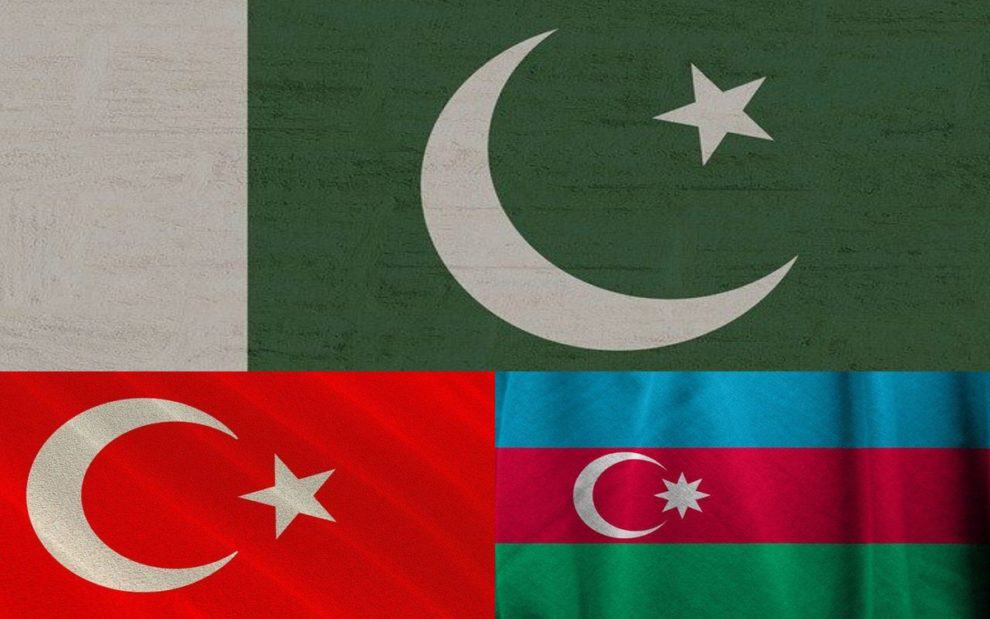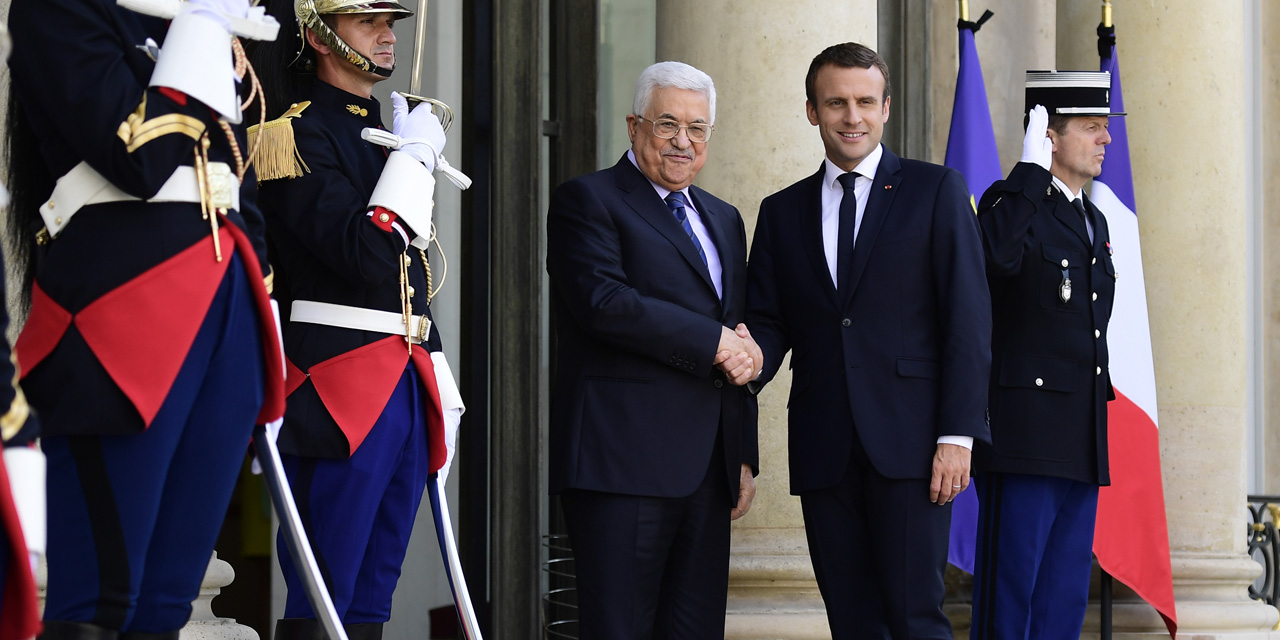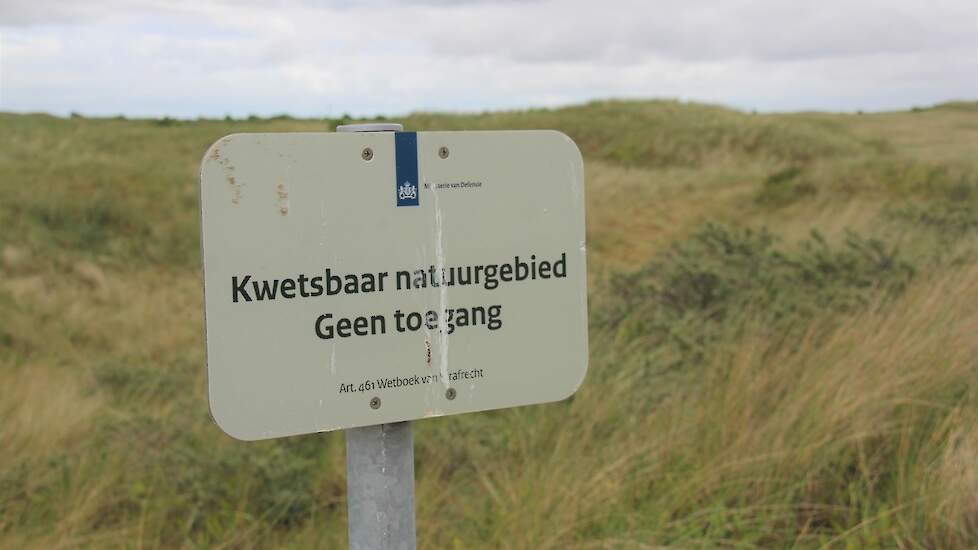India's Geopolitical Shift: Reduced Engagement With Pakistan, Turkey, And Azerbaijan

Table of Contents
Deteriorating Relations with Pakistan
The relationship between India and Pakistan remains deeply strained, significantly impacting India's geopolitical shift. This deterioration is rooted in several long-standing issues.
The Kashmir Issue
The persistent conflict over Kashmir remains the most significant obstacle to improved Indo-Pak relations.
- Cross-border terrorism: Pakistan-based terrorist groups continue to operate across the Line of Control (LoC), fueling violence and instability in Kashmir. This persistent threat undermines any attempts at meaningful dialogue.
- Human rights concerns: Allegations of human rights abuses in both Indian-administered and Pakistan-administered Kashmir further exacerbate tensions and hinder reconciliation efforts. International human rights organizations continue to express serious concerns.
- Lack of meaningful dialogue: Despite periodic attempts at dialogue, substantive progress towards resolving the Kashmir issue has been elusive. A lack of trust and mutual suspicion have hampered negotiations.
- Increased military deployments and border skirmishes: The heightened military presence along the LoC and frequent border skirmishes further escalate tensions and create a climate of fear and mistrust.
Economic and Diplomatic Isolation
India's strategy of isolating Pakistan economically and diplomatically has intensified in recent years, forming a cornerstone of India's geopolitical shift.
- Reduced trade: Bilateral trade between India and Pakistan has significantly diminished, reflecting the strained political relationship. Economic sanctions and restrictions have further limited trade opportunities.
- Limited cultural exchanges: People-to-people contact and cultural exchanges have been severely curtailed, hindering opportunities for understanding and reconciliation.
- Restrictions on people-to-people contact: Visa restrictions and limitations on travel between the two countries have further isolated their populations.
- Pakistan's international isolation: Pakistan's international standing has been affected by its alleged support for terrorist groups, making it more difficult for it to engage constructively with India. India actively works within international forums to highlight Pakistan's alleged involvement in cross-border terrorism.
Strained Ties with Turkey
India's relationship with Turkey has also witnessed a significant cooling, contributing to the broader India's geopolitical shift.
Diverging Interests in the Middle East
Differing stances on key regional conflicts in the Middle East have created friction between India and Turkey.
- Syria and Palestine: India maintains a cautious approach to the Palestinian issue, while Turkey has taken a more strongly pro-Palestinian stance. This difference in approach has exacerbated tensions.
- Closer India-Israel ties: The strengthening of defense and strategic cooperation between India and Israel is viewed with suspicion by Turkey.
- Turkey's support for Pakistan: Turkey's continued support for Pakistan, particularly on the Kashmir issue, further complicates relations with India.
The Rise of Religious Nationalism
The rise of religious nationalism in both India and Turkey has fueled mutual distrust and antagonism.
- Statements and actions by political leaders: Statements by political leaders on both sides have often exacerbated tensions, contributing to a climate of mutual suspicion.
- Increased scrutiny of influence: Both countries have become increasingly wary of the other's influence in their respective regions.
- Decline in cultural and educational exchanges: The reduced interaction between academic and cultural institutions reflects the decline in overall relations.
Shifting Dynamics with Azerbaijan
India's engagement with Azerbaijan has become more nuanced, reflecting the complexities of regional geopolitics and a key part of India's geopolitical shift.
Balancing Act with Russia and Iran
India's relationship with Azerbaijan is significantly influenced by its ties with Russia and Iran.
- Energy imports from Russia: India's substantial energy imports from Russia necessitate a cautious approach to avoid antagonizing Moscow.
- Economic cooperation with Iran: India's economic and strategic interests with Iran also require a delicate balancing act in its relations with Azerbaijan.
- Nagorno-Karabakh conflict: The ongoing conflict in Nagorno-Karabakh further complicates the regional dynamics and influences India's approach towards Azerbaijan.
Focus on Economic Cooperation
Despite the muted political engagement, economic ties between India and Azerbaijan persist.
- Energy resources: India continues to be interested in Azerbaijan's energy resources and its strategic location as a transit route.
- Trade relations and investments: Trade relations and Indian investments in Azerbaijan's energy infrastructure showcase a continued, albeit cautious, economic engagement.
- Political undercurrents: The underlying political complexities, however, continue to play a significant role in shaping the overall economic relationship.
Conclusion
India's reduced engagement with Pakistan, Turkey, and Azerbaijan represents a significant geopolitical shift. The reasons are multifaceted, ranging from unresolved conflicts and diverging interests to the rise of religious nationalism. While economic ties may continue in certain areas, the overall decline in political and diplomatic engagement reflects a recalibration of India's foreign policy priorities. Understanding this "India's Geopolitical Shift" is crucial for comprehending the evolving dynamics of South Asia and the broader Eurasian region. Further analysis is needed to fully understand the long-term implications of this shift and its impact on regional stability. Continued monitoring of India's geopolitical strategies is essential to grasp the complexities of its evolving relationships in the region. Analyzing India's geopolitical shift will provide insights into the future dynamics of the region.

Featured Posts
-
 Controversy On Snl Audience Curses During Ego Nwodim Sketch
May 18, 2025
Controversy On Snl Audience Curses During Ego Nwodim Sketch
May 18, 2025 -
 Taylor Swifts Legal Battle Against Kanye Wests Explicit Lyrics
May 18, 2025
Taylor Swifts Legal Battle Against Kanye Wests Explicit Lyrics
May 18, 2025 -
 Declaration Du G7 L Absence Notable De La Solution A Deux Etats Pour Le Conflit Israelo Palestinien
May 18, 2025
Declaration Du G7 L Absence Notable De La Solution A Deux Etats Pour Le Conflit Israelo Palestinien
May 18, 2025 -
 Analyse Steun Voor Uitbreiding Nederlandse Defensie Industrie
May 18, 2025
Analyse Steun Voor Uitbreiding Nederlandse Defensie Industrie
May 18, 2025 -
 Alcarazs Joyous Victory In Montecarlo
May 18, 2025
Alcarazs Joyous Victory In Montecarlo
May 18, 2025
